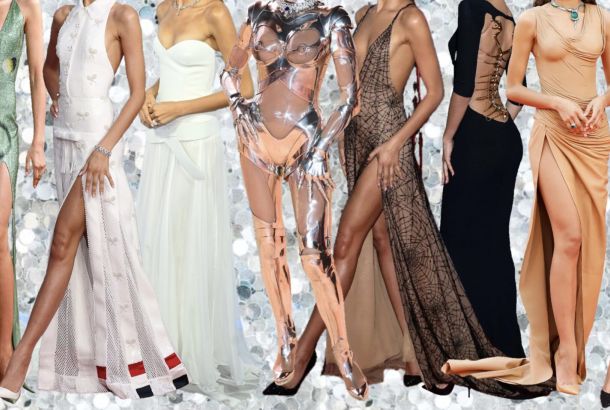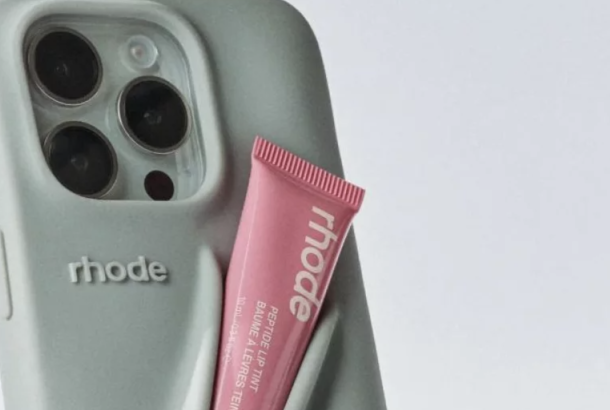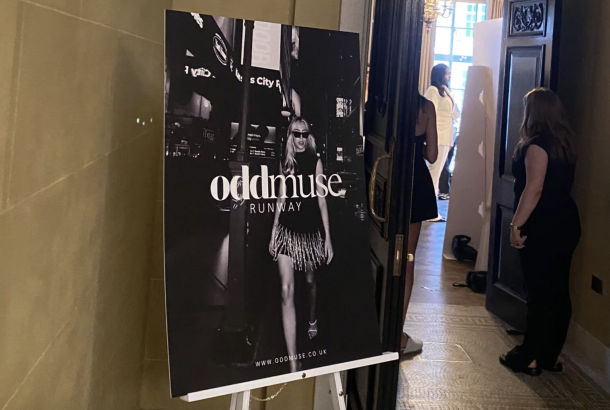Style saviours you never realised originated from Black communities
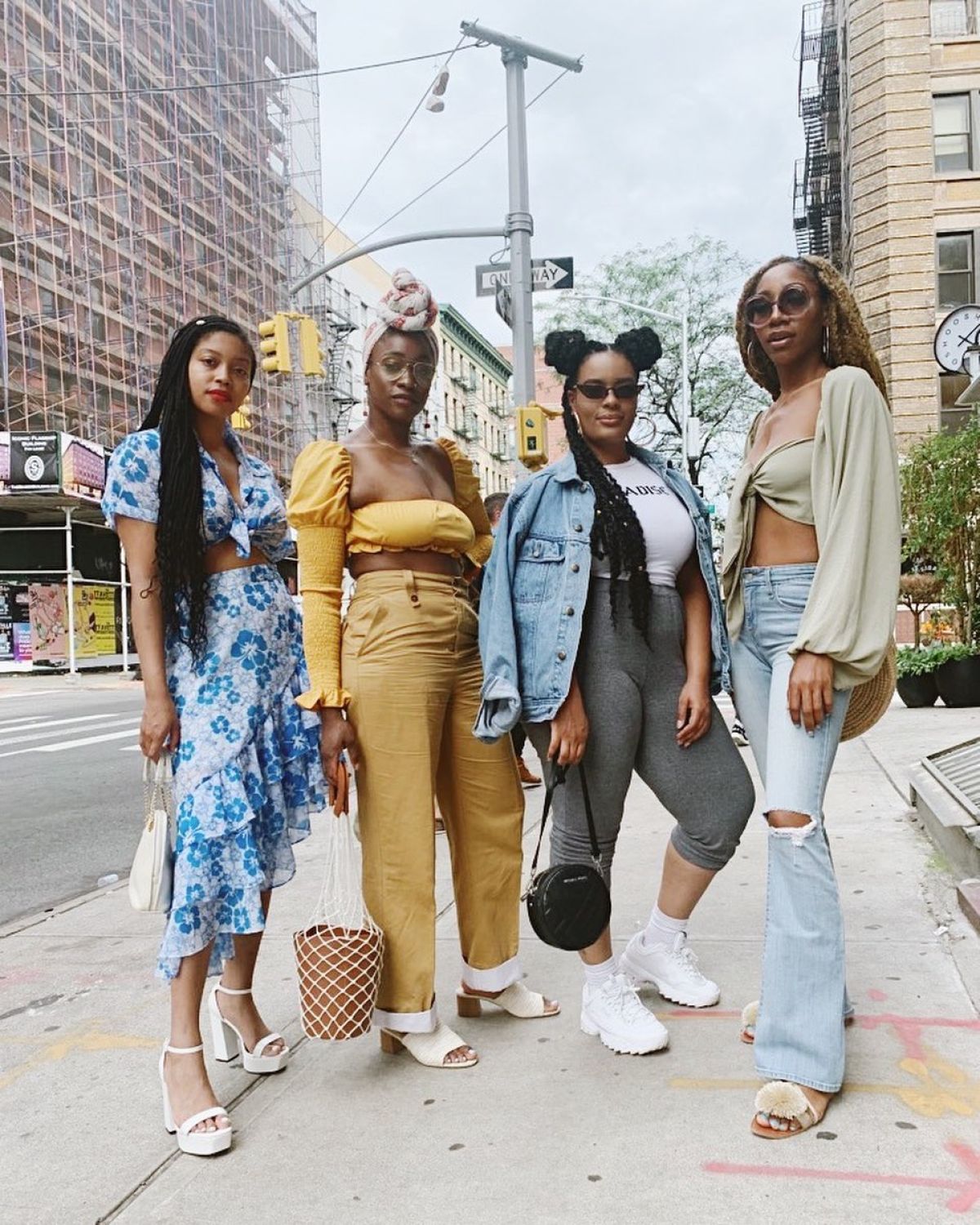
Diversity in fashion is an ongoing battle – many fashion houses still favour Caucasian models and social media is largely whitewashed, despite widespread campaigns for equal representation.
Black people have made massive contributions to the fashion industry and are to thank for some of our favourite styles, yet many people are unaware of this. Don’t believe me? Well, how many of these iconic trends did you realise we owe to black communities?
Hoop earrings

Hoop earrings are the classic, easy-to-wear accessory that everyone has owned at some point in their life – they are the perfect way to transform an outfit with minimal effort. Although this iconic earring shape dates back to 4th century Sudan, their immense popularity today is due to Josephine Baker. This black Jazz performer and Civil Rights activist made these earrings into the classy accessory that they are today and were also said to be a symbol of the beauty of black culture in 1920s America.
These statement earrings were revived yet again in the 60s as part of the Black Power movement, becoming known for the bold, empowered women who wore them. Icons such as Angela Davis, Tina Turner, and Janet Jackson all sported hoop earrings as a way of celebrating an Afrocentric style of dressing.
Acrylic nails
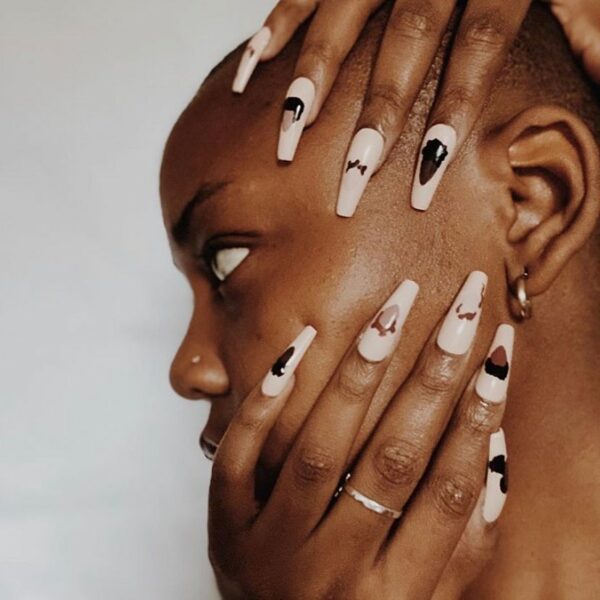
From a natural French manicure to more dramatic stiletto nails, there’s no denying that acrylics have become an essential step in many people’s beauty routines. They were created in 1950s America but only became popular a decade later thanks to Donvale Luna. This African American model appeared on the cover of Twen Magazine in 1966 sporting nude false nails, and since then people have been head-over-heels.
These nail extensions did not fail to maintain popularity, and they quickly became associated with black icons such as Diana Ross and Donna Summers in the 70s. They were also endorsed much later by Missy Elliott and Lil Kim during the hip-hop and R&B scene of the 90s, making it impossible to deny the influence black women have had on this manicure essential.
The hairbrush
https://www.instagram.com/p/CCmhrt-p4Pg/?utm_source=ig_web_copy_link
Although tools for brushing hair have existed for centuries, Lyda Newman completely revolutionised this commonplace item in 1898. She was responsible for patenting the ‘new and improved hair-brush’, which saw the use of artificial bristles that were evenly spaced and a detachable compartment to make cleaning easier. If it wasn’t for her experimental invention, we wouldn’t have the hair brushes that we take for granted today.
Lettuce hem
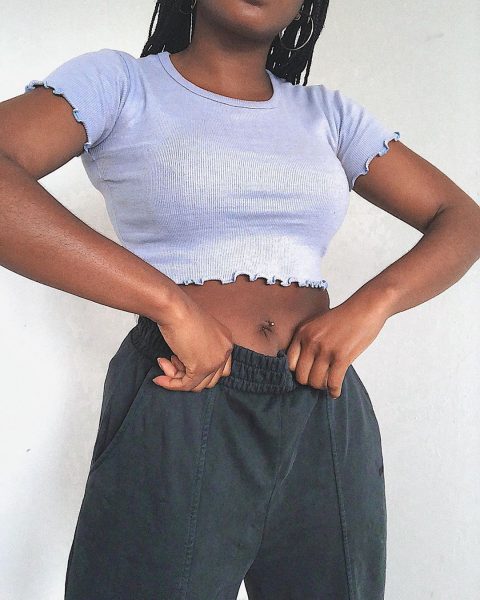
This girly frill on the hem of jumpers and cropped t-shirts is a popular design choice today, but few people know that it was actually created in the 70s by Stephen Burrows, an African American designer.
Burrows, who was known for his exaggerated stitching and colourful thread choices, created this hem by accident after a miscommunication with Vogue Editor-in-Chief, Diana Vreeland. She requested a garment in a ‘lettuce’ colour, but Burrows interpreted this to mean the stitching and thus created the overcasting hem for a ruffled effect, and hence this iconic style was born.
Logomania
View this post on InstagramA post shared by Dapper Dan (@dapperdanharlem) on
The creator of the ‘logomania’ craze is often debated, with fashion houses like Gucci and Louis Vuitton laying claim to this trend. What can’t be denied, however, is its influences from Dapper Dan, who is said to be the founding father of streetwear.
From his Harlem boutique, Daniel Day started illegally screen-printing the logos of Gucci and Fendi in innovative ways, creating loud logo designs on clothing, car interiors, and furniture covers. Despite being shut down by the police, he has received immense support from American rappers such as Jay Z and P-Diddy.
Sneakers
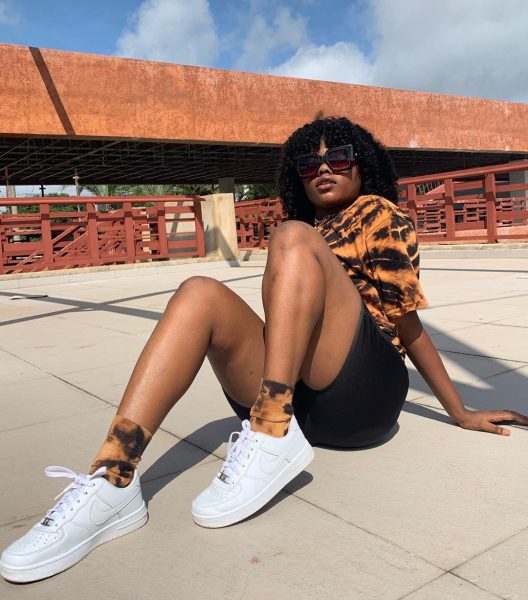
Trainers have existed since the invention of rubber, but they haven’t always been the wardrobe essential that they are today. They only became socially acceptable in the 70s, and even then were reserved for sports rather than fashion.
That was until the 80s, when black rap artists such as Run-DMC and Grandmaster Flash brought them into the limelight as a style staple. They quickly became a symbol of identity and belonging within black communities and were a pivotal part of streetwear, leading to them being our top choice of footwear today.
Baggy jeans
View this post on InstagramA post shared by Cross Colours (@crosscolourseu) on
The fame of baggy jeans started with Carl Jones, who noticed black children often wearing them in an oversized fit. Although these were hand-me-down items as they couldn’t afford to buy a new pair of jeans, Jones flipped this stigma of poverty in black communities in his launch of Cross Colours in 1989.
This saw the baggy fit reproduced in bright colours, turning what was believed to be ill-fitting garments into the hottest new style. This has become an iconic streetwear trend and has also been popularised by many black hip-hop icons.
